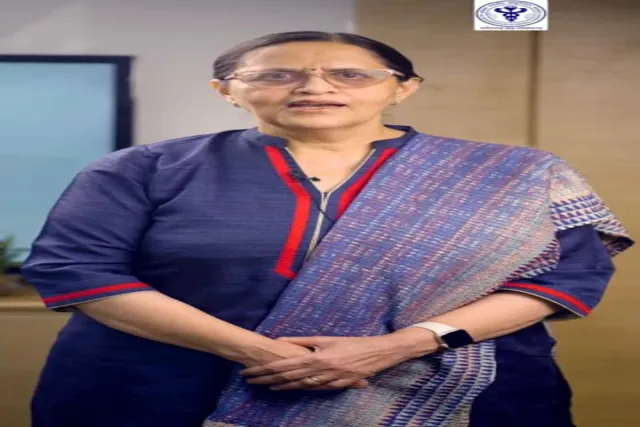In a bid to boost mental health awareness, Dr. Mamta Sood, senior psychiatrist at AIIMS, has shed crucial light on Bipolar Disorder—a serious mental illness that affects millions but remains widely misunderstood. The condition is characterized by intense mood episodes that range from manic highs to depressive lows, often interfering with a person’s ability to function in daily life.
Know about Bipolar Disorder from Dr. Mamta Sood – right from symptoms like mood swings and mania, to diagnosis, treatment, and prevention of recurrence. Stay alert and prioritize mental health.
Watch the full video here: https://t.co/Az9j7sLpdN pic.twitter.com/T8yBBuT7Xy
— AIIMS, New Delhi (@aiims_newdelhi) May 4, 2025
“These are not ordinary mood swings,” Dr. Sood emphasized. “In manic phases, individuals may feel euphoric, talk excessively, and make impulsive decisions. In depressive episodes, they may feel hopeless, fatigued, or even suicidal.”
Symptoms and Diagnosis
Bipolar Disorder typically emerges in late adolescence or early adulthood. Common symptoms include:
Mania: High energy, reduced need for sleep, grandiose thoughts, risky behavior.
Depression: Sadness, low energy, lack of interest, sleep issues, suicidal thoughts.
Mixed pisodes: Features of both mania and depression at once.
Diagnosis is based on psychiatric evaluation, medical history, and observation over time. There is no single test, making awareness and early intervention vital.
Treatment Options
Dr. Sood explained that bipolar disorder is treatable but requires a lifelong management plan. Key treatments include:
Medication: Mood stabilizers, antipsychotics, and antidepressants.
Psychotherapy: Cognitive Behavioral Therapy (CBT), psychoeducation, and family therapy.
Hospitalization: In severe cases, particularly when safety is a concern.
Coping Mechanisms & Prevention of Recurrence
Managing bipolar disorder goes beyond medication. Dr. Sood outlined some practical coping strategies:
Routine: Maintain a regular sleep and meal schedule to stabilize mood.
Monitor Mood: Keep a daily journal or use apps to track changes and identify triggers.
Limit Stress: Avoid major life changes during unstable phases; practice relaxation techniques like meditation and deep breathing.
Avoid Substances: Alcohol and recreational drugs can trigger episodes and interfere with medication.
Strong Support System: Stay connected with family, friends, or support groups.
“Bipolar disorder doesn\’t define a person. With the right approach, people can lead full, productive lives,” Dr. Sood affirmed.
With rising mental health challenges in today’s fast-paced world, understanding bipolar disorder is more crucial than ever. Dr. Sood urged the public to seek help without shame and to treat mental health with the same urgency as physical illness.
“Talk, listen, and support. Mental health is a collective responsibility,” she concluded.




